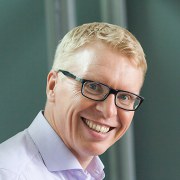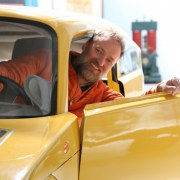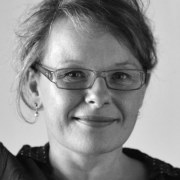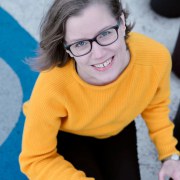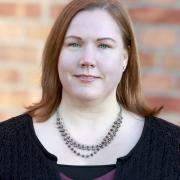Science capital in a cultural context
Science capital research has established itself worldwide, but to implement the findings of the research it needs to be processed and adapted into each country's social structure and culture context. Several Nordic countries have already approached this task: Finland is running a national research programme, Denmark is creating a new museum of science and technology, the Norwegian Research Council has given science centres a national mandate to help increase science capital among the general public, and Sweden is looking at ways to implement science capital nationwide. Uniting all the initiatives is the urge to promote equity and secure a democratic society. This session will offer insight into the opportunities and challenges of adapting the science capital framework into different cultural and societal structures, shedding light on how the framework affects the way we collaborate with other actors.
This session is sponsored by ATELIER BRÜCKNER as a part of the 21st century skills conference track.

Facilitator
WP Lead (vice rector, education)
Session speakers
Curator - Science Programme Manager
Danish Museum of Science and Technology
At the Museum of Science and Technology in Denmark a series of 12 experiments on applying Science Capital is done over two years in the project, ‘Science - Right where you are’. In settings like exhibitions, family activities, and teaching, the current approaches are challenged and new ways to use Science Capital are tested. A part of the project is to figure out what Science Capital means in a Danish context, where scientific literacy has been a focus in public schools for many years.
Museum Educator PhD reseacher
In order to reach out to groups and individuals who typically do not visit the museum, and to develop more relevant and engaging programs and exhibitions, the museum has for the last three summers offered free tickets to residents of selected boroughs of Oslo. Close to 5000 individuals have accepted the offer. Many of those guests responded to a survey. The answers will be the starting point for focus group work and in turn for collaborative projects in the spring of 2022.
Finnish Science Centre Association
Can science capital broaden access to research-based knowledge? Kirsi will focus on the experiments that are being done as a form of their national network collaboration within the Finsci-project.
Senior staff of Education & Public Engagement
With the support of one of Tom Tits funders we were commissioned to spread knowledge about science capital and science engagement. The research and how we have processed and relate to it are aimed to be disseminated to families, teachers, and practitioner. But how do you make research results more than a matter for science center educators and those who already have confident and ownership in science? How do you implement, adapt, and communicate the research findings to the general public and new audiences?


